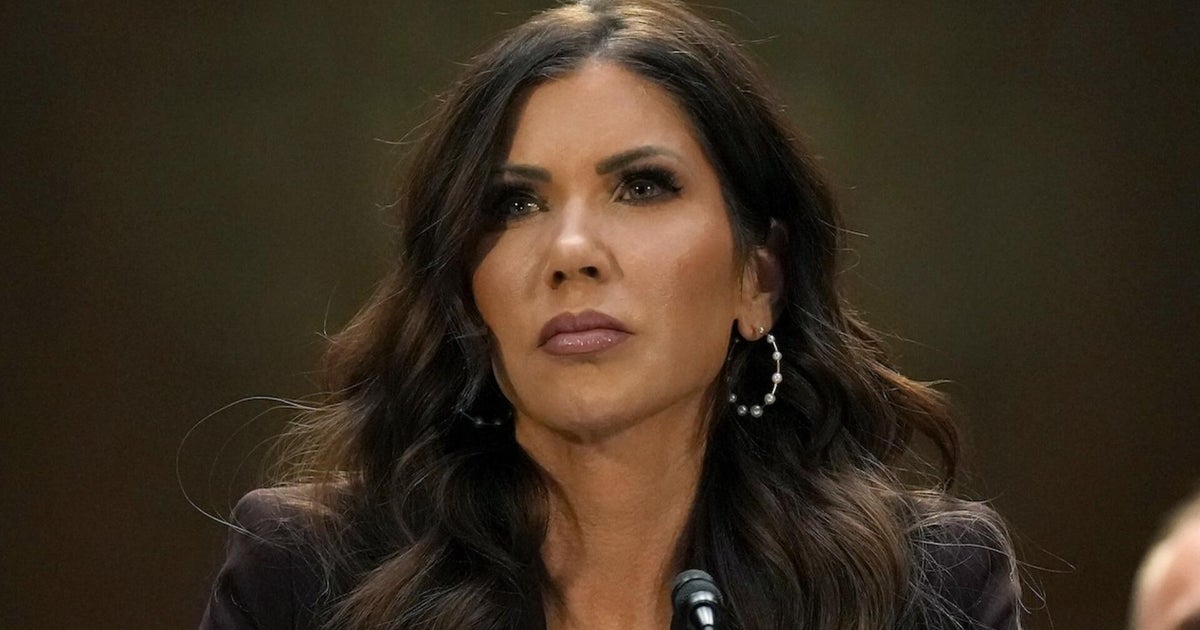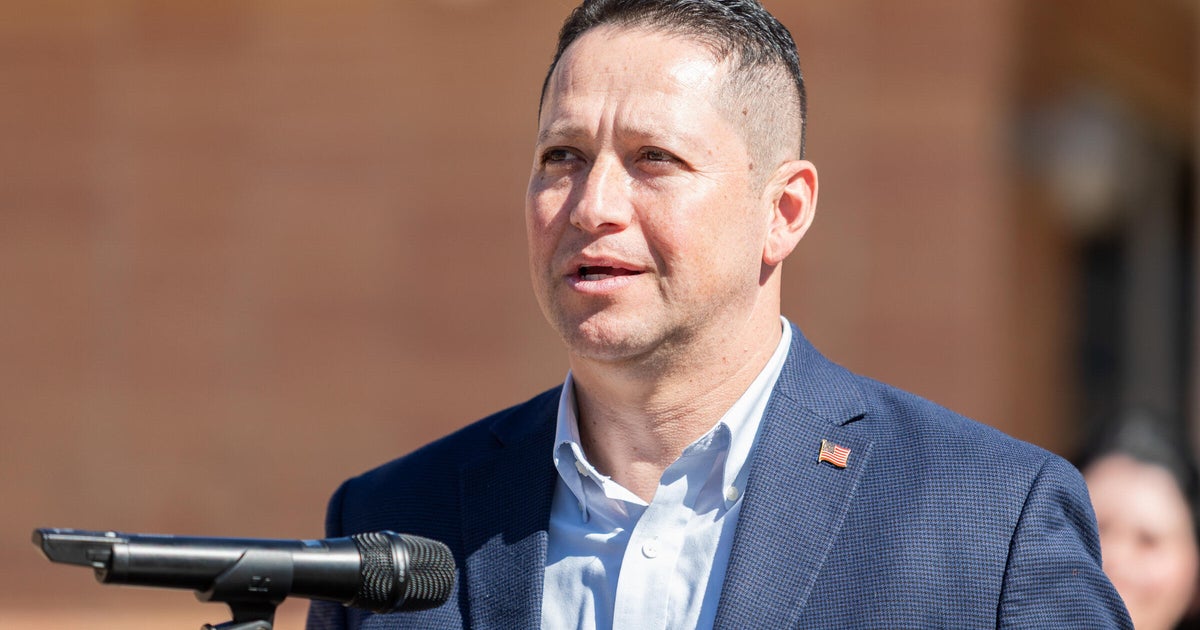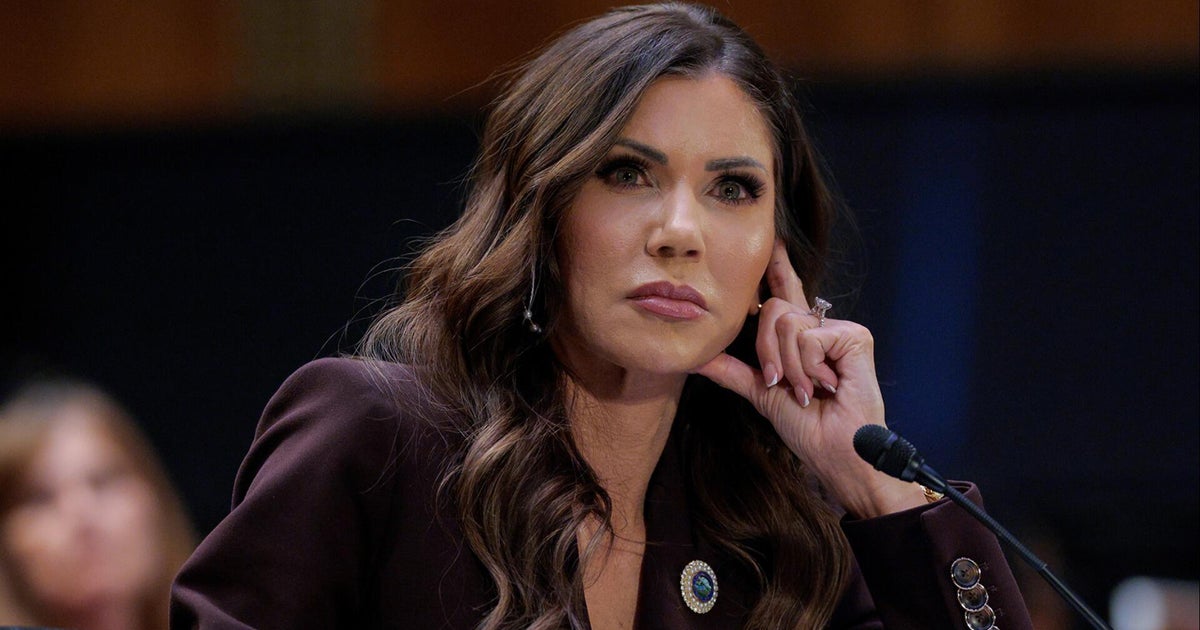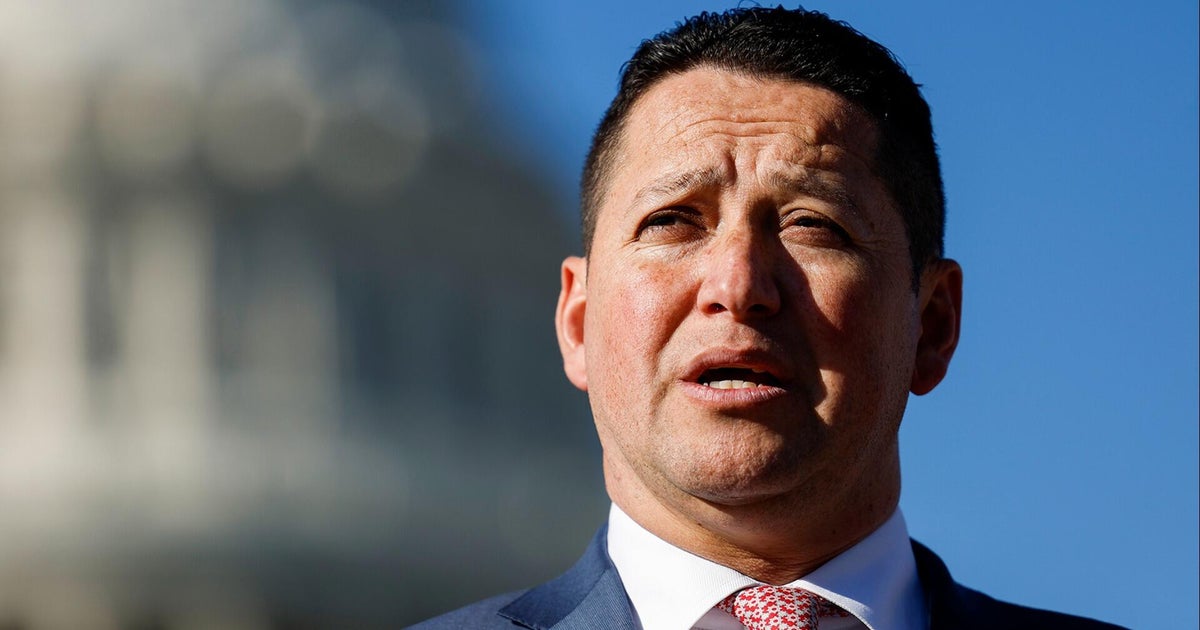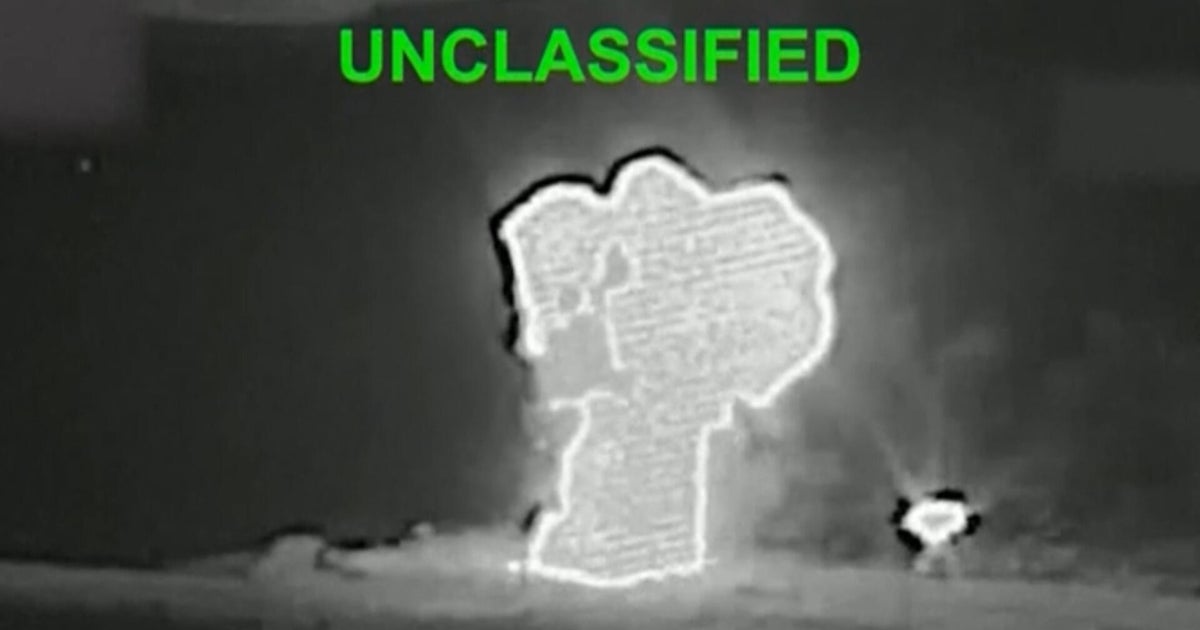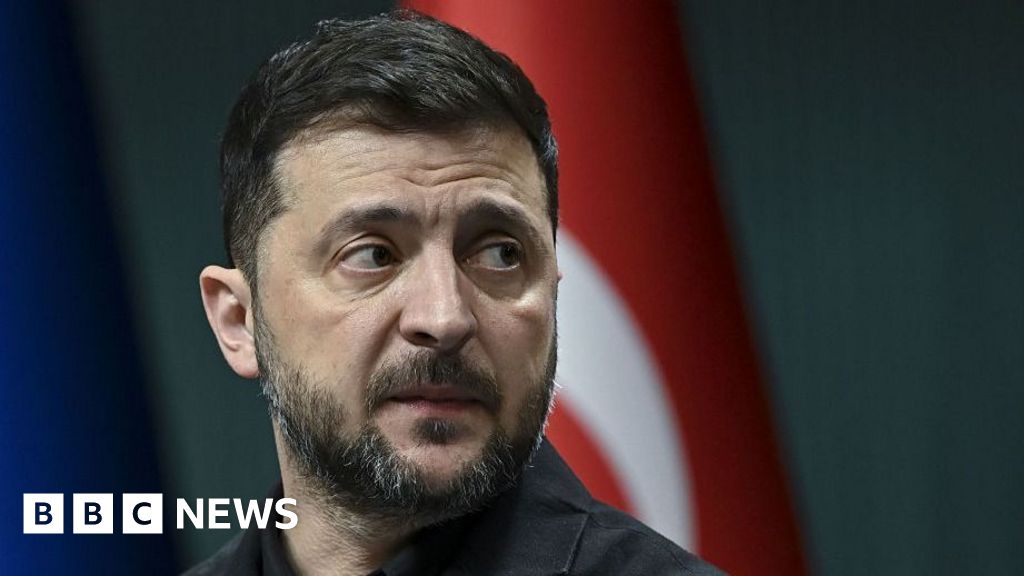Opinion
November 17, 2025 — 11.45am
November 17, 2025 — 11.45am
I write with a heavy heart. When a Labor government seeks to overhaul our weak national environment law in a way that will still allow new coal and gas projects to be waved through, it is more than a policy failure – it’s a failure of the duty of care owed to every Australian, to the places and species we love, and to our children’s futures.
Since taking office in 2022, the Albanese government has been approving fossil fuel projects at almost the same pace and zeal as its federal Coalition predecessors. Thirty-two coal, oil and gas developments have been given the green light – six of them since the 2025 election, including the most recent approval just weeks ago for Chevron to extract gas from seven West Australian fields. Together, these projects generate roughly 10 to 13 million tonnes of climate pollution each year, and that’s likely a conservative figure, given some projects have withheld their emissions data.

Federal Environment Minister Murray Watt has approved the North West Shelf gas project.Credit: Digital artwork: Marija Ercegovac
Meanwhile, climate disasters are tearing through the very environment that this law is meant to protect. The Great Barrier Reef has suffered through six mass coral bleaching events in a decade. An estimated 63 billion animals and insects were killed or displaced in the Black Summer bushfires. Climate pollution is the biggest threat to our precious reefs, species, forests and coasts.
Both in Australia and beyond our shores, fossil-fuelled heating is driving massive destruction from severe storms and wildfires. Any credible government policy should rise to the challenge of protecting our environment from these threats, rather than letting our reefs and bush – and our people – suffer the consequences.
The government’s own data tells us what needs to be done. Australia’s net zero plan relies on steep declines in coal and gas production to deliver a 27-million-tonne cut to climate pollution by 2035, about 4.6 per cent of our target. Yet projections show fossil fuel production remaining high – and there are even more projects waiting in the approvals pipeline.
The Albanese government has been approving fossil fuel projects at almost the same pace as its Coalition predecessors.
At least 42 highly polluting coal and gas proposals are already lined up for approval under the Environment Protection and Biodiversity Conservation Act – the federal law that decides whether projects can proceed based on their environmental impacts. Many are seeking to operate well into the second half of this century, some even beyond 2100. A handful of these mega-projects could make or break our national climate targets while intensifying global heating. The Hunter Valley coal extension alone is expected to emit 1.2 million tonnes of climate pollution a year. The Browse gas project, with an average 4 million tonnes of climate pollution a year, could tip the balance entirely. The government is licensing a future it has already promised not to build.
Loading
This is the context for the debate over the EPBC Act. The government says its reform package strengthens nature protection while keeping “carbon policing” in the safeguard mechanism. But this claim has a climate-sized hole in it. Certainly, developers would be required to provide some emissions information and a reduction plan – but the environment minister would be explicitly prohibited from considering climate harm when deciding whether to approve a project. Disclosure without consequence. A smoke alarm with no batteries – installed when the house is already ablaze.
The safeguard mechanism cannot fix this flaw. It was designed to gradually reduce emissions from today’s polluters – not to keep tabs on expanding coal and gas projects. It doesn’t assess individual projects; it allows unlimited offsets of dubious benefit and leaves the climate minister only second-order powers to intervene after a polluting project is approved. Offsets can be banked for years, and many come from land carbon projects vulnerable to drought and fire. Passing more high-emitting coal and gas projects into the safeguard is not a serious way to manage the cumulative risk of new mega-polluters. It instead gives them a free pass.
I join the many Australians urging the Albanese government to lift their game, to step up to protect our natural world – remembering Labor’s proud record in protecting the Franklin River, the Daintree rainforest and Coronation Hill, investing in Landcare, and heeding scientific findings and First Nations custodians. Anthony Albanese once argued for a climate trigger in our environment law, but now downplays the climate impacts which flow from the flood of his government’s coal and gas approvals. The irony writes itself, but history will write something harsher.
Loading
Right now, Labor is walking the low road – looking only to the short term, managing decline when it should be leading renewal. Every new fossil fuel approval puts our children’s futures at risk.
Who benefits from this denial-by-design? Multinationals that are banking returns from short windows of extraction. Political operators who want conflict minimised until the next election. Who loses? Regional communities, sold the false promise of a future for coal and gas, but left with uncertain jobs and the risk of stranded assets. First Nations custodians, asked again to trade sacred country for transient royalties. Our Pacific neighbours, whose homelands go underwater as our exports climb. And younger generations, who are told that targets are sacred while approvals are routine.
Much of the commentary on this bill has focused on whether it will or won’t include a “climate trigger”. This debate misses a fundamental point – regardless of whether there is a hard climate trigger, there are many other ways this bill could be stronger on climate: require full disclosure of climate pollution, as Graeme Samuel’s independent review of the EPBC Act envisaged; independently verify those numbers and consider them in decisions, and permit the environment minister to set climate pollution limits when our targets are at risk. This is due diligence and risk management, not radicalism.
It is not too late to change course. The government can still deliver an environment law that recognises climate harm as environmental harm – measures it fully, weighs it honestly, and acts on it. The government should decisively amend the act to ensure stronger standards of nature and climate protection. It should craft policy to enable the development of well-sited renewables and storage, with clear community benefit-sharing. And, as coal and gas production inevitably declines, it should ensure targeted support for energy communities. Fossil fuels should be explicitly excluded from any fast-track pathway. That is how we cut bills, cut pollution at the source, and rebuild trust with our neighbours in the Pacific.
Labor has a proud tradition of policy innovation focused on improving people’s lives. After all, what else is government for? I hope that tradition is not lost, only dormant, and that the Albanese government will decisively seize this moment. Connect climate and nature in the EPBC Act, stop approving projects that undermine our targets and fast-track the clean path instead. Choose country over company. Choose a legacy that generations of Australians will thank you for.
Dr Carmen Lawrence is a former Labor premier of Western Australia.
Most Viewed in Environment
Loading



